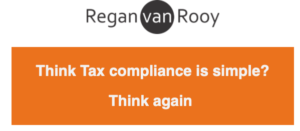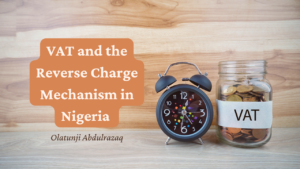MIAMI TP CONFERENCE: OBSERVATIONS AT THE TP MINDS TRANSFER PRICING SUMMIT 2015 HELD IN MIAMI ON 24/25 FEBRUARY 2015
The main theme of the Transfer Pricing Conference was a look at the impact BEPS has on the transfer pricing environment.
Specific areas that are notable and that were focused on were –
- Action 8 on Transfer Pricing and Intangibles.
- Action 13 on Transfer Pricing Documentation; and
- Action 14 on Dispute Resolution.
By way of general introductory comment it is notable that many of the speakers took the same view that BEPS will most definitely result in a higher level of exchange of information between governments, which will not necessarily be controlled, and may give rise to confidentiality breaches and stimulate certain governments to utilise that information not so much to ensure that proper transfer pricing adjustments take place, but to give those governments opportunities to raise more taxes. In this regard, the general view is that this is going to result in a significant increase in audits and disputes. The tax disputes in turn will lead to a record number of mutual agreement procedures being initiated.
According to OECD information the current number of MAPs exceeds 1,910 (with another 25 partner economy MAPs). It is notable that 6 MAPs are ascribed to South Africa. www.TaxRiskManagement.com are advisors in a recent transfer pricing dispute on behalf of a multi-national where an additional 8 MAPs will be filed, which will take the number of MAPs in South Africa from 6 to 14.
It is also a general observation that emerging economies (such as in Africa) are not well experienced or educated in transfer pricing principles. In this regard, it is absolutely necessary that time and effort be spent on educating these tax authorities in respect of the applicable transfer pricing principles. What is concerning is that various BEPS action plans are already being implemented (the BEPS documentation currently being circulated is still in draft form) by various emerging market tax authorities. These tax authorities are using the DRAFT BEPS action reports to drive more tax collections.
On the dispute resolution side, much emphasis was placed on the Last Best Offer (LBO) arbitration methodology in conjunction with BEPS Action Plan 13 for arbitration particularly where a MAP procedure turns out to be unsuccessful. The LBO arbitration process compels the arbitrator to choose one of the disputing parties’ last offer in the arbitration, based on the strength of the arguments put forward by the winner (with the best LBO). Whichever opponent has an argument that leans closer to the midway mark between the 2 offers, will be the winning offer in the arbitration. There is much speculation whether this process will find favour with many of the countries – so it remains an uncertain solution.
It is clear that with country by country reporting being introduced, other than the issues surrounding the sharing of information of various governments, a lot more time and effort will have to go into the preparation of transfer pricing documentation and a move away from generalised TP reports simply to provide protection from penalties being imposed by Revenue Authorities. The approach to transfer pricing documentation is going to have to be a lot more strategic and thorough especially in the light of the fact that it is anticipated that information will be shared between governments testing the veracity of that which is being set out in TP reports.
Prof. Dr. D. N. Erasmus Esq. PhD Adv Dip TP
daniel@taxriskmanagement.com




